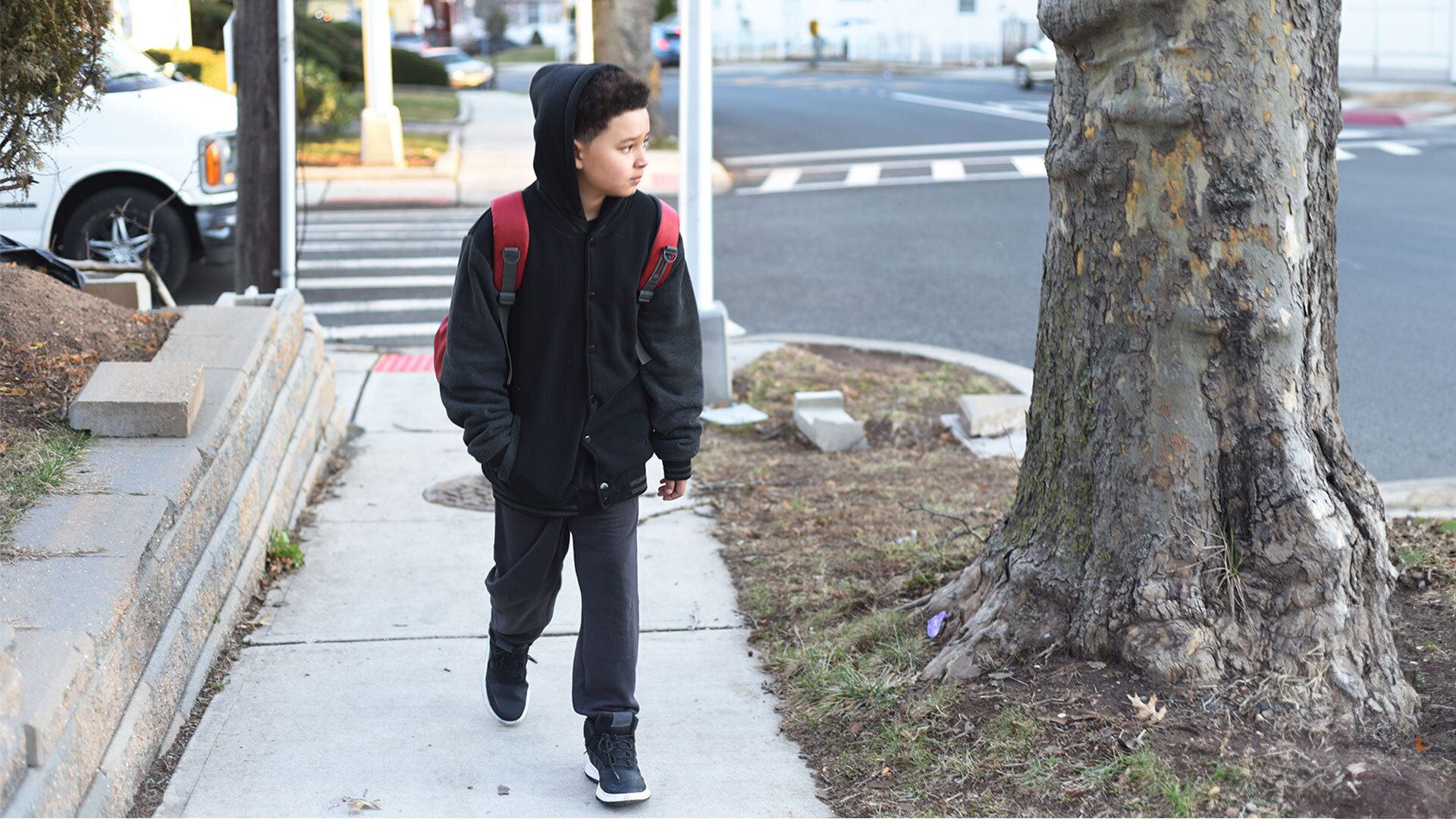- September 13, 2024
- By Fid Thompson
In the United States, the wealthy live on average 10 years longer than the poor, and Black people can expect to live an average of five fewer years than white people. Now, supported by a $3.5 million grant from the National Institute on Aging, University of Maryland-led research will examine why these disparities persist, and how to address them.
A research team led by health policy and management Professor Dahai Yue director of the School of Public Health’s Center on Aging, will gather large-scale historical data to understand and quantify how education and infectious disease in childhood play a role in these stark mortality disparities. He will work with professors Adriana Lleras-Muney of the University of California, Los Angeles and Joseph Price of Brigham Young University.
The team will embark on an extensive study to gather, link and analyze data on the lives and deaths of approximately 20 million people, including a representative sample of Black people and white people, to examine how certain childhood experiences impact longevity. Data will be collected from publicly available censuses from 1890 to 1940 and from the National Death Index, and then linked to family tree information in the database of Family Search, a nonprofit genealogy company.
“This is the first study to follow a huge sample of people from birth all the way to death, looking at the causal relationship between childhood origins of health and health disparities,” Yue said. “To our knowledge, this will be the largest individual-level data gathering on mortality in the U.S.”
Researchers will measure two key factors—quality of education and the infectious disease environment in childhood—against the age and cause of death of each person. Evidence shows that education and child health both play a significant role in predicting someone’s longevity, and that there are also substantial variations in these two factors between racial groups and geographical areas.
“Our hope is that this research will contribute to policies that can improve health equity,” Yue said.
Professor Jie Chen, chair of the Department of Health Policy and Management , director of UMD’s Center on Aging and an investigator on the project, noted that analysis aside, the data-gathering work funded by the grant will be a huge contribution to aging research.
“This innovative research and the new datasets it will reveal on health, education, life expectancy and race will be invaluable resources for scientists, policymakers and practitioners,” Chen said.
Topics
ResearchUnits
School of Public Health